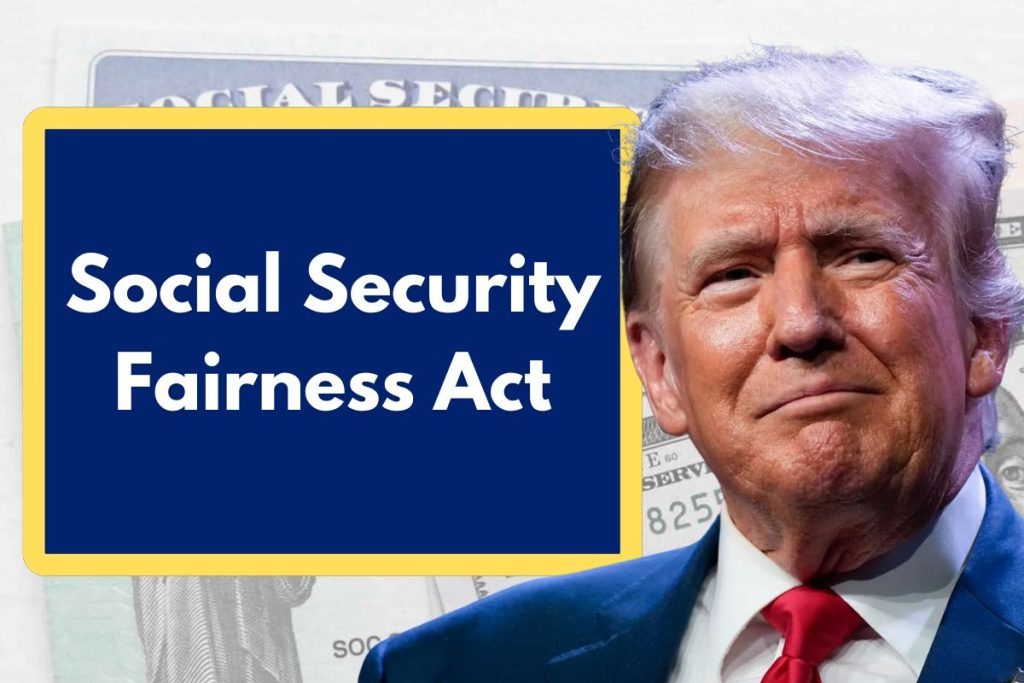The long-awaited Social Security Fairness Act, which would restore full payments to millions of Americans, is up for a critical vote in the U.S. Senate. The law would reverse rules that have limited or cut payments for specific recipient groups, such as public employees, teachers, firemen, and police officers, if it were approved. The possible vote occurs as the lame-duck Congress draws to a close. With bipartisan support, the bill has already passed the House of Representatives and has 62 Senate cosponsors. It must still receive at least 60 Senate votes, though, before it can be forwarded to President Joe Biden for his signature.
Although they can have drawbacks, government pensions are worthwhile retirement perks. A pension that isn’t covered could lower a person’s monthly Social Security benefits by hundreds of dollars. The WEP and GPO, are two legal provisions that are responsible for this. When someone receives a pension from a work that did not pay taxes into the system, their Social Security payments are also reduced. Now, over 40 years after WEP was passed, the Social Security Fairness Act aims to undo its implementation. Although the bill has bipartisan support, it is unclear if it will pass and become law this year.
Social Security Fairness Act – What is it?
Two significant provisions that currently limit or reduce benefits for certain beneficiaries are to be repealed under the Social Security Fairness Act. A spouse or widow/widower who is also eligible for a pension from a government position has their Social Security survivor payments reduced by the Government Pension Offset (GPO). It is estimated that these laws have affected 2.8 million Americans, many of whom have spent part of their careers as teachers, police officers, firefighters, and other public services. Even if people eventually found jobs that paid into Social Security, they are still penalized for working in occupations that did not, and the laws have long been criticized for being unjust.
WEP and GPO
The GPO was first created in 1977, but the WEP was created as part of the Social Security system’s 1983 revisions. Despite having comparable provisions, each has a distinct group of beneficiaries:
- WEP lowers a recipient of a non-covered pension’s Social Security payments. For instance, in many jurisdictions, teaching positions do not contribute to the Social Security system; nonetheless, these employees may have additional employment that entitles them to Social Security benefits. Their teacher pension under WEP lowers their Social Security benefits.
- GPO is comparable to WEP, with the exception that it impacts a person receiving an uninsured pension’s Social Security spousal and survivor payments.

Who is in support of this bill?
A bill that was approved by the House and would provide millions of Americans with more Social Security benefits has received a lifeline in the Senate. The Social Security Fairness Act, which would repeal two federal laws that prevent some Americans, such as teachers, firefighters, and police officers, from receiving their full Social Security benefits, would be put to a final vote as per latest news.
Around three million people currently have their benefits limited by regulations that would be removed under the Social Security Fairness Act. The bill was filed last year and received 62 cosponsors in the Senate. It was passed by the House on a bipartisan vote, however, in order for the plan to pass Congress, it still requires the backing of at least 60 senators. After then, President Joe Biden would receive it.
Will the Social Security Fairness Act be implemented?
The Social Security Fairness Act may eventually be put into effect, but it still needs to pass the Senate in order to help restore public sector employees’ social security rights. The last leg of the US administration under Joe Biden may now take the Social Security Fairness Act seriously, and public sector workers may finally breathe a sigh of relief. The Social Security Act has taken a significant backseat over the 2024 US presidential election.
The future of 3 million Americans, including public school teachers, firefighters, police officers, and postal workers, is in confusion if rumors are to be believed, and the Social Security Fairness Act deadline is quickly approaching. The Fairness-related measure may benefit public sector workers in the long run, help them establish their rights, and ensure their future because reports indicate that the WEP and GPO clauses reduce their Social Security payments. Since the lives of dozens of public sector employees are at stake, many educators are even calling it “shameful” that a measure with such broad support needs to be pushed for a vote.
| Official Website | Click Here |
| Our Homepage | BSEBMatric.org |